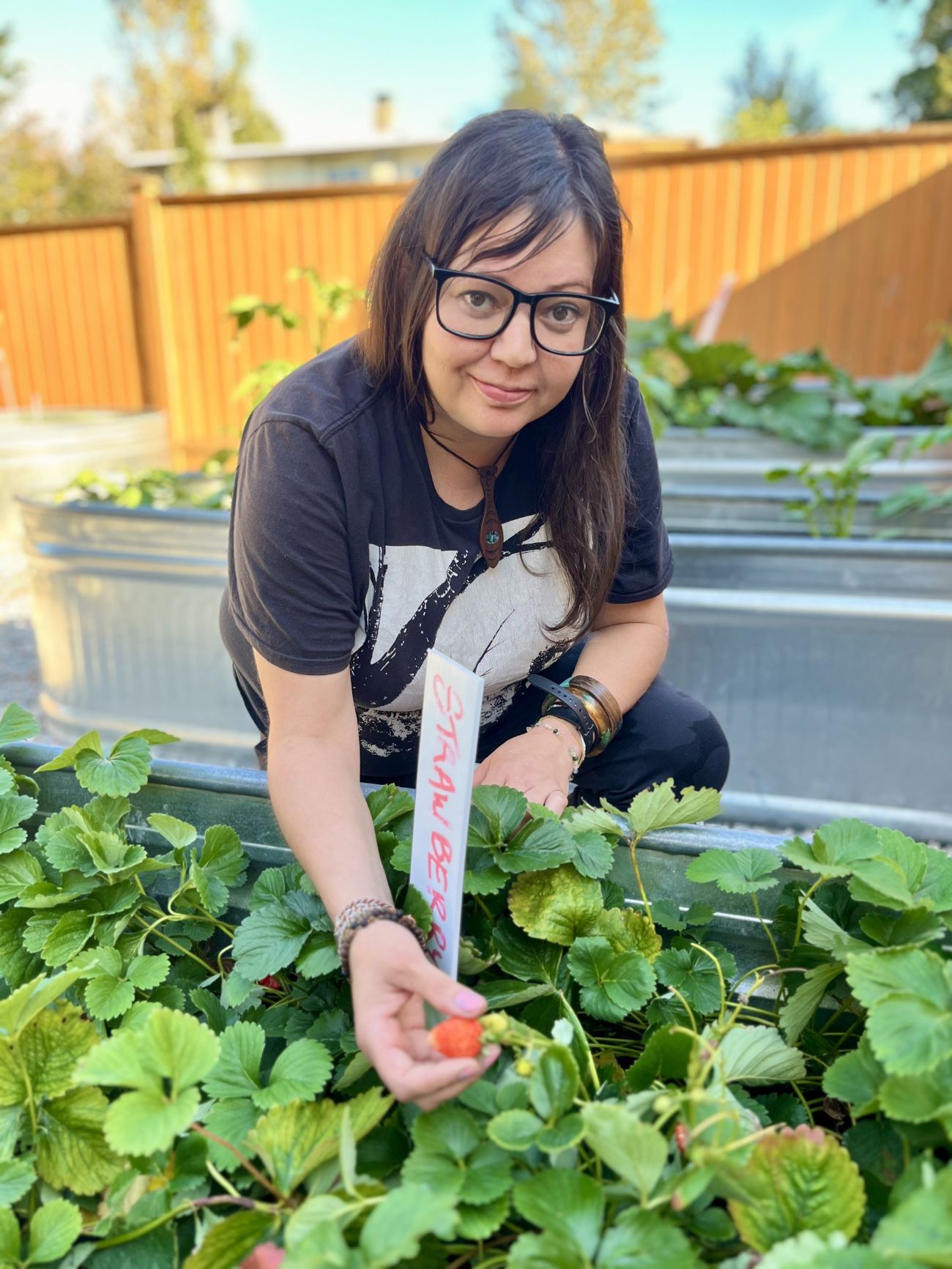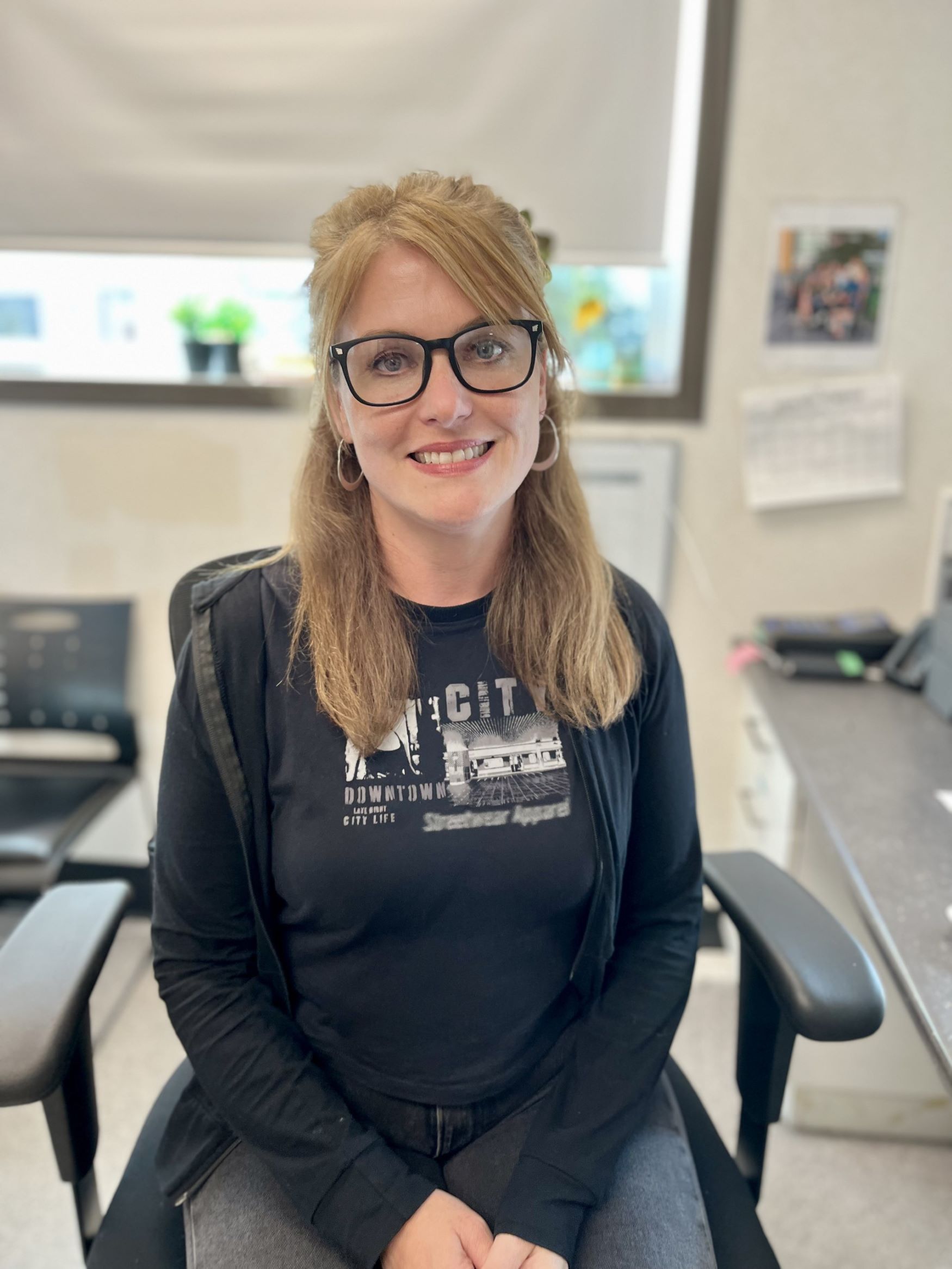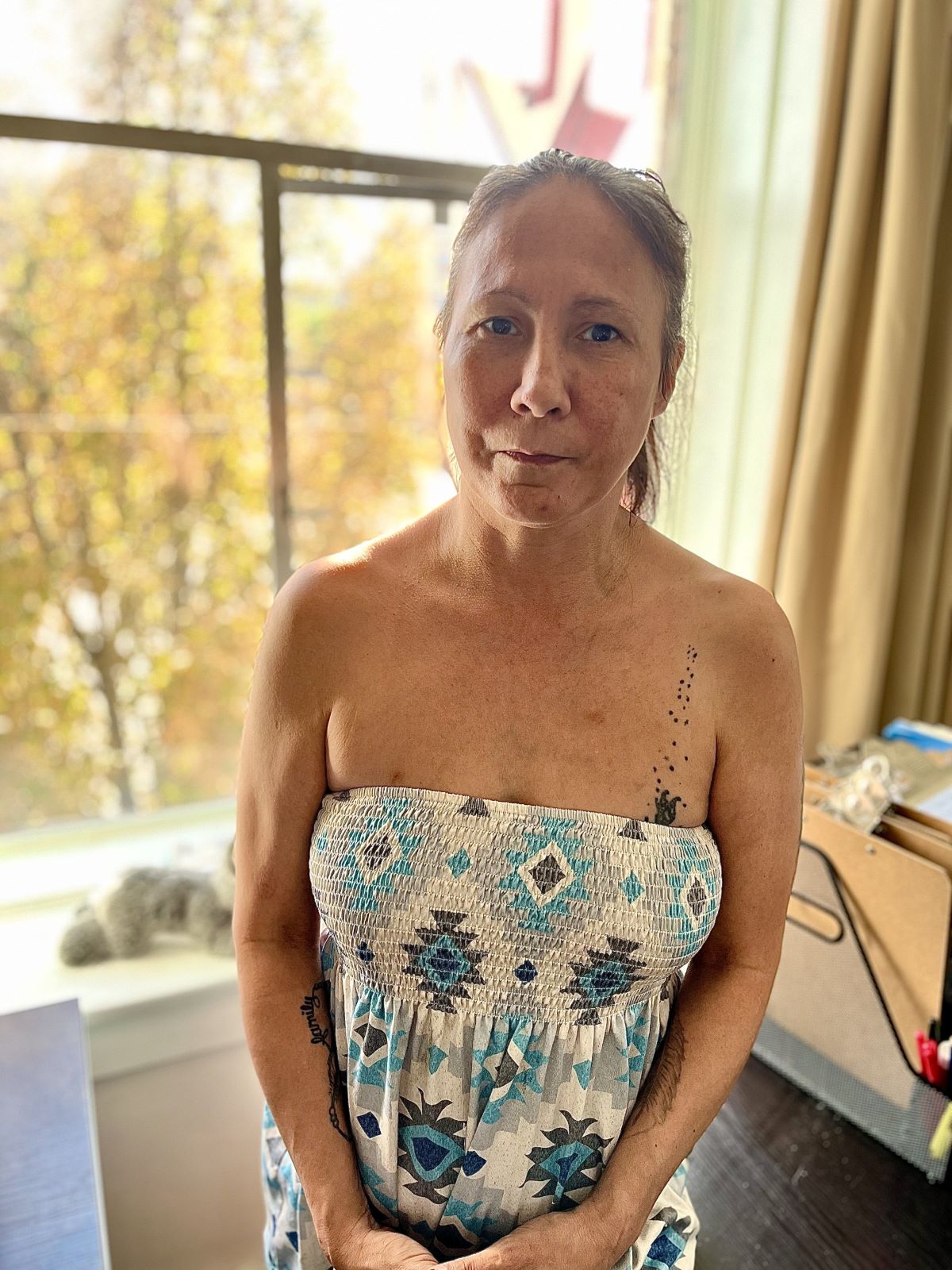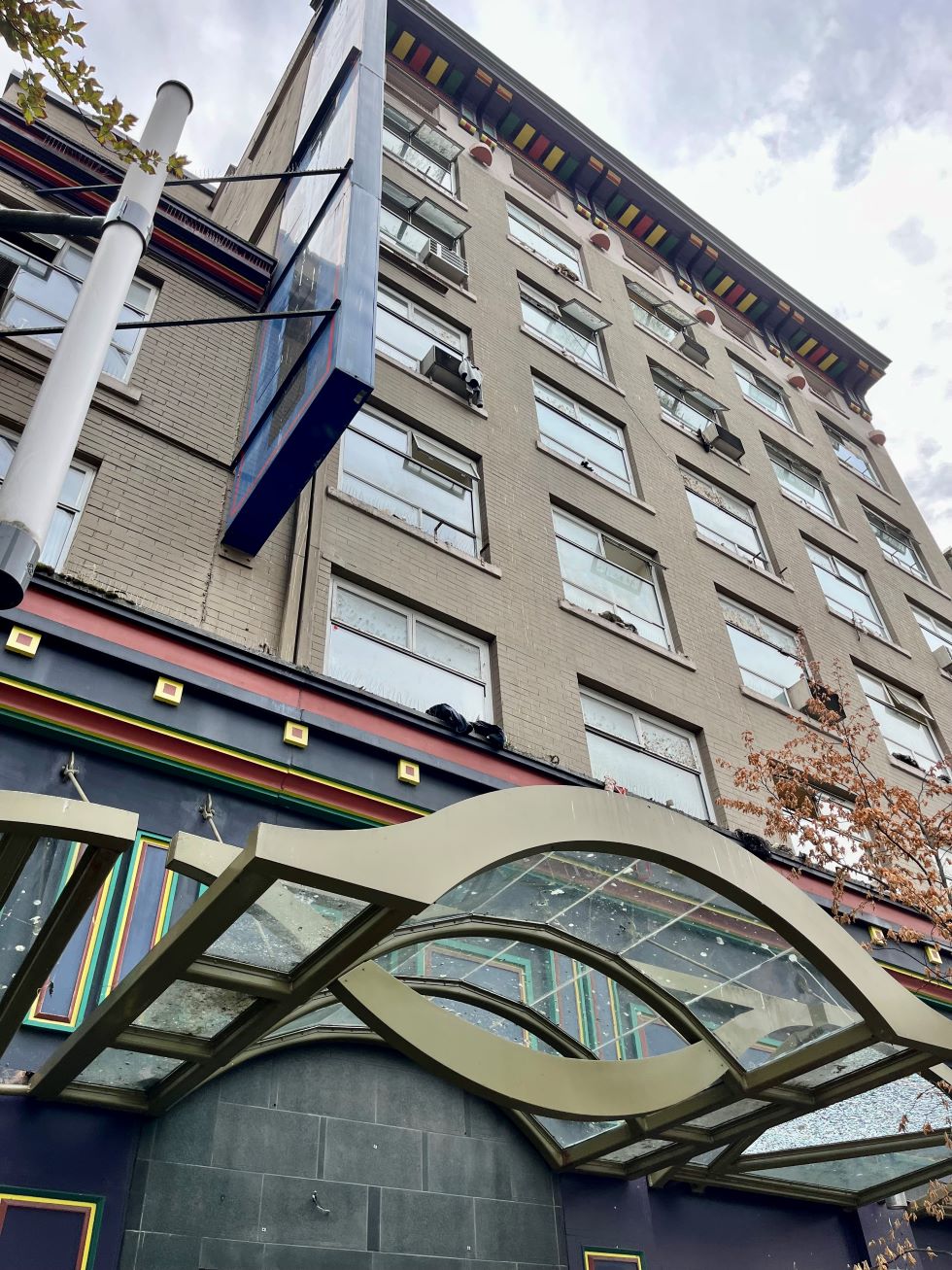New device to prevent overdose deaths in supportive housing launches in B.C.
When Jamie Sinclair realized staff hadn't seen Joy Phelps in 24 hours, she wasn't worried about the resident of the single room occupancy (SRO) hotel she managed.
Phelps was a harm reduction worker who had saved hundreds of lives in Vancouver's Downtown Eastside and "used smart," according to Sinclair.
But when she knocked on Phelps' door in November 2021, no one answered.
Like dozens of residents Sinclair had checked on before, Phelps had died of an overdose.
"It doesn't matter how many times you go through it ... when you open that door and you find someone that you care about and you know that they died alone from drug poisoning," said Sinclair, who has experienced addiction herself.
"It was awful."
Two years later, Sinclair is spearheading the launch of LifeguardLite, a new device being installed in more than 2,000 SROs and supportive housing units across British Columbia in an effort to save lives during the province's escalating toxic drug crisis.
Before using drugs, residents can set a timer for one to six minutes on new wall-mounted boxes designed and manufactured by local company Lifeguard Digital Health.
When it goes off, residents can either extend the timer by one minute at a time, or hit the "I'm OK" button to disable it.
If the resident doesn't respond in time, LifeguardLite sounds a loud alarm and sends an alert to building staff to go check on the resident.
If no one disables the alarm after checking, the device calls 911 directly, automatically feeding first responders the exact location of the alarm.
More than 12,000 people in B.C. have been killed by toxic drugs since 2016, and around a quarter of them died inside shelters, SROs, hotels or supportive housing, according to the B.C. Coroners Service.
Sixty-one per cent of those who died since the beginning of the COVID-19 pandemic were using alone, the service found in 2022.
With funding from Health Canada, Sinclair worked with residents and the PHS Community Services Society to develop and test the devices. He is now training residents and staff to use them.
"I believe 10,000 per cent that if Joy would have had this in her room, she wouldn't have died," said Sinclair.
There are currently 1,400 units being installed in PHS Community Services buildings in Vancouver and Victoria, and hundreds more in over a dozen buildings on Vancouver Island and in the Interior, Sinclair said.
The devices work similarly to Lifeguard's phone-based overdose prevention app, which has saved 69 lives since 2020, according to B.C. Emergency Health Services.
But the app can't help low-income people in social housing who can't afford a smartphone, some drug user advocates have pointed out.
Julie Roberts, executive director of non-profit Community Builders, says the wall-mounted devices provide more privacy and autonomy for residents who do choose to use alone.
The housing operator runs about 800 units of shelter and supportive housing in B.C.
"I don't think a month has gone by where we haven't lost one of our residents to an overdose death," said Roberts.
At her organization's supportive housing site, Metson Rooms in downtown Vancouver, eight devices have been installed and used by residents, but none have escalated to a 911 call yet.
"We're saving people's lives and it's peace of mind for staff and residents," said Roberts.
The devices can also monitor when a room gets too hot and alert residents if the building's fire alarm is going off or they need to evacuate.
Roberts hopes to get funding for devices, which cost an average of $350 each, across all of her organization's buildings.
A spokesperson for the Ministry of Mental Health and Addictions said B.C. Housing is aware of the LifeguardLite device but did not answer whether the province planned to fund its installation in all public housing units.
B.C. Housing is "working closely with partners to determine potential applicability within their projects, including supportive housing sites," the spokesperson wrote.
Both Roberts and Sinclair stressed that the device is just one tool to save lives as the unregulated drug supply becomes increasingly toxic and unpredictable.
But they say the data they are collecting about alarms going off and 911 calls doesn't capture the full impact of the project.
"I'm doing this for every single person that I've lost, because every time that button is pressed and someone doesn't die, that's a family member who doesn't have to get that phone call, that's a staff member who doesn't have to stand at that door and call the coroner," said Sinclair.
This article is hosted on an external website.


















.jpg)


%20-%20Copy.jpg)





%20-%20Copy.jpg)
%20-%20Copy.jpg)
.jpg)




